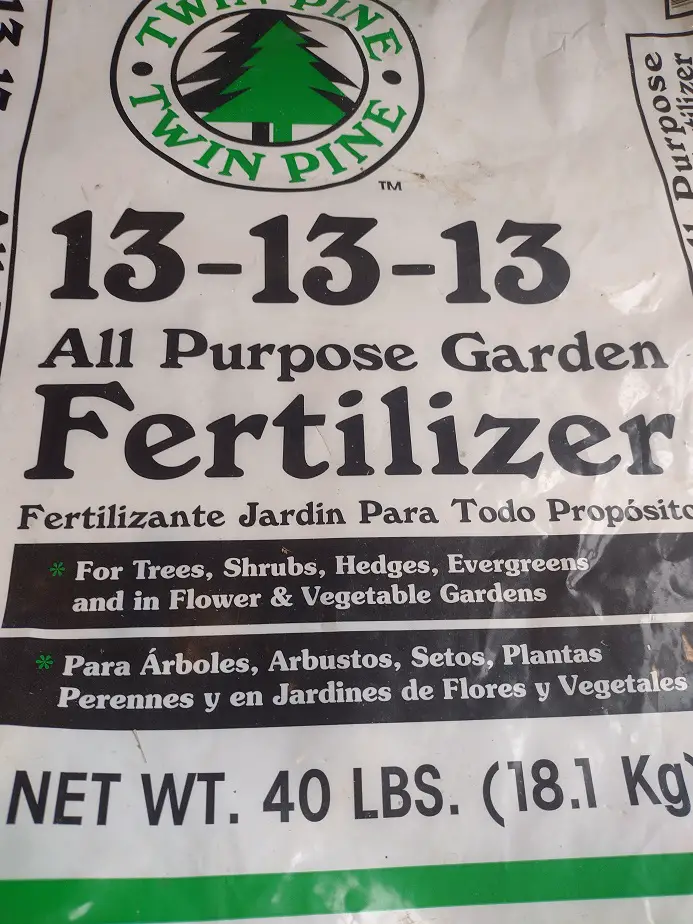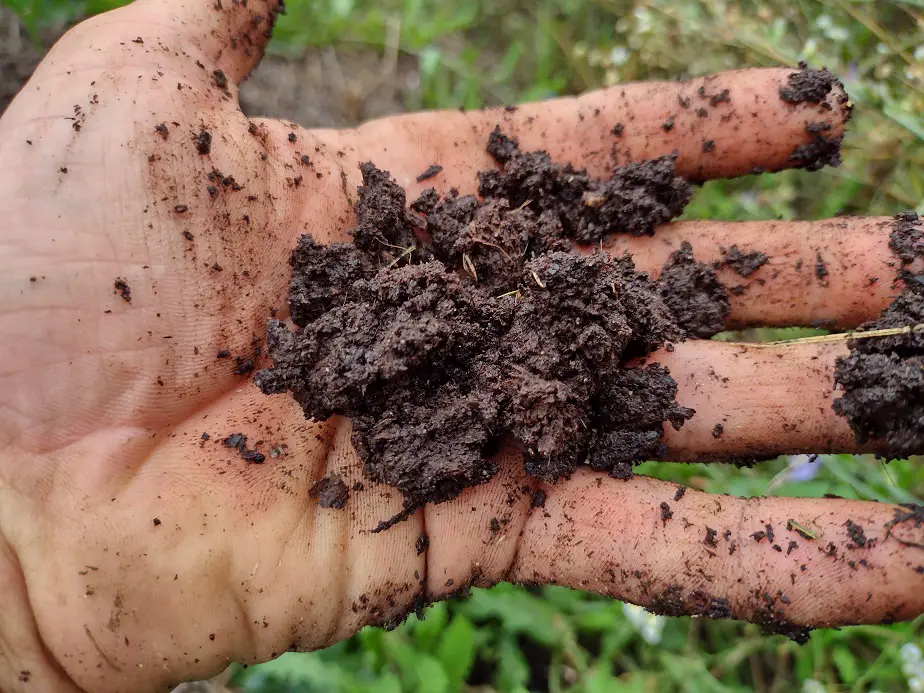Everyone knows gardens need fertilizer, and compost tea has become popular for its plant-boosting potential. I’ve used both for years and they are not at all the same.
Compost tea is many times weaker than fertilizer, but contains all the trace minerals and some beneficial bacteria. Fertilizer is stronger and more practical as the primary nutrient source for plants. Compost tea can be labor intensive and won’t provide enough nutrients for most garden crops.
So, the two are very different and have unique specific uses. There are also several myths about each.
Is Compost Tea a Fertilizer?
Compost tea is not generally considered a fertilizer. It tends to be quite low in nutrients because compost is usually low in available, water-soluble nutrients. Compost tea is more of a complete mineral supplement than a fertilizer. It’s also more gentle on plants and soil.
Fertilizer is a concentrated form of major plant nutrients. The usual mix is high in nitrogen, phosphorus, and potassium. Sometimes with magnesium and calcium for a more complete profile of the primary nutrients plants need.
Now, good compost can make a fairly fertile compost tea, rivaling a watered-down fertilizer application. Most compost has an even NPK of around half a percent. That’s not so good. High-quality compost can be as high as 3 percent, that’s technically on the edge of being a low-strength fertilizer.
The real issue with compost is that it’s often made with low-nitrogen materials. Nitrogen is the most needed nutrient for all garden and field crops. The nitrogen in compost also leaches out, both from the rain and from evaporating into a gauses form.
Earlier this year, I built a raised bed 12 inches deep and filled mostly with compost. After a heavy spring rain, I watched a dark, humic acid-rich water seep out and down my driveway, leaching away a large portion of the available nutrients in my compost.
To be called fertilizer, it has to be feasible to be used as the primary source of major plant nutrients. That is not. What is it is more of a boost, a supplement, for your soil and plant health?
What are the actual Benefits of Compost Tea?
Compost tea contains low levels of all plant nutrients, and is a source of humic acid. Humic acid is one of her lesser-known soil-building secrets. It contains many nutrients, but not in a form available to plants. Instead, it feeds the soil biology and promotes the growth of mycorrhizal fungi.
The soil biology, bacteria, and fungi break down humic acid, changing it into a form that plants can use. It’s a very natural, soil-conscious way to create healthy soil. Of course, you can get the same benefit from just applying compost down. But if you don’t want to add compost right now, it’s another option.
Compost tea is said to be useful as a biological inoculant of healthy soil bacteria. If so, it could help temporarily boost up the bacteria count, which is what makes soil work. Trouble is, research is not really endorsing that idea. I’ve seen research suggesting it’s true, and a lot showing that it’s not.
To make it work, you have to add oxygen because a wet environment is oxygen-low and naturally breeds more harmful bacteria. So, folks put in aerators and brew it for a week or two. It’s just not shown to have any consistent benefits when done that way. When I make compost tea, it’s just like making sun tea.
I let compost sit in water for a day or so, then strain and pour. It helps plants that need a gentle boost of beneficial minerals.

Fertilizer can be Hard On Your Soil
The N, P, and K of fertilizrs are tecnically considereed a salt. They are negatively charged compounds that exhibit a strong molecular pull on most minerals around them. They are able to draw water that way. The salts can actually draw water out from plants leading to fertilizer burn if you overdo it. Fertilizer
Salt also has an effect on soil biology. Salt draws moisture away from the wet bodies of worms and slugs, making it so they can’t breathe. A heavily fertilized soil often has few worms. I can attest to that in my own experience. The same action happens with soil microbiology. Fertilizer can be hard on the soil.
It’s better if watered down. I like to fertilize just before a rain so that it gets broken down and worked into the soil quickly. I also like to mix fertilizer with water and apply it directly to my beds. It’s nice to mix it low-strength, but that means fertilizing a lot more often, which takes valuable time on the homestead.
Compost Tea is Usually Gentle on Soil.
Compost tea is very gentle on soil because it has very little of those salt compounds in them. That also means it’s less beneficial to plants, but that’s how it goes. The forms of nitrogen, phosphorus, and potassium that plants and soil need are salts, no way around that. Be careful with concentrated ones.
A compost tea, even a strong one, is still usually mild enough for supplying the most delicate plants like lettuce and spinach. you can use them as a foliar spray directly on the more tender plants and as long as it has a nice brown or amber color, it will provide some benefits.
However, the nutrients in compost tea are best poured into the soil so the soil microbes can get to work making them more available to plants.
When to Use Fertilizer
Fertilizer is to be used when you need to significantly increase the nitrogen, phosphorus, or potassium in a single season. It would take a tower filled with compost tea to fertilize a large garden. When growing food crops in a garden, it is usually necessary to use some form of fertilizer.
If you want to know more, check out this article my friend wrote: Mulch vs Compost vs Fertilizer (When to Use What)
When to Use Compost Tea
Compost tea is used when you would like to see a small boost in soil fertility and microbe life without significantly altering the soil in any way. I often use it to help feed beds of tight-growing perennial herbs that don’t need a lot of nutrients.
If you have only a few garden plants, it’s more feasible to regularly use compost tea throughout the growing season. for me, growing on nearly half an acre, there’s no possible way I could use compost tea every few days to feed the entire garden that way.
Can You Use Too Much Compost Tea?
You can overuse compost tea in extreme circumstances. Eventual phosphorus and potassium toxicity is a theoretical possibility, but root damage and plant death from overwatering should happen way before that, so I don’t think it can actually be done.
Related Articles:

